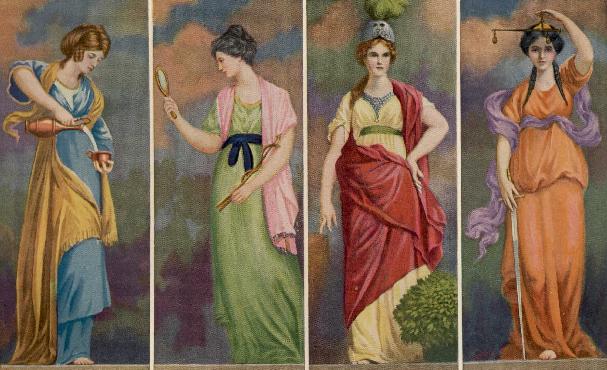Post by atessalev on Jan 31, 2007 21:55:49 GMT -5
Count the numbers and see: Islam and democracy do mix
February 1, 2007
The West needs to show that it is willing to abide by the popular will, writes Waleed Aly.
LET no one deny that George Bush is an optimist. Even as Iraq descends further into the quagmire of civil war, the United States President is celebrating small victories. The Iraqi people voted in three elections in 2005, he enthused in his State of the Union address last week. Yes, there have been setbacks, but "it is still within our power to shape the outcome of this battle". Let democracy triumph. Let freedom prevail. Et cetera.
Clearly, the democratisation of the Middle East has long been part of Bush's plan. For Bush, that meant trying to turn Iraq into Sweden overnight by pounding it militarily. It was a profoundly revolutionary approach, quintessentially unconservative, and ultimately doomed to the failure we now observe.
The sadly inevitable consequence has been the emergence of the thought that democratisation is simply beyond the Muslim world. It seems that when it comes to Muslim democratisation, there are those who oppose it and those who would bomb it into existence.
Neither position reflects the desires of the Muslim world itself. We have long known of the deep unpopularity of the invasion of Iraq. But we are less familiar with the attitudes revealed last week by a Gallup poll of 10 Muslim majority countries: that public sentiment across the Muslim world is firmly in favour of democracy.
The twist is that strong majorities express their democratic aspirations within an Islamic framework. The key Gallup finding is that most believe in the happy coexistence of democracy and Islamic law. They maintain that Islam should, at the very least, be a source of legislation.
This will unnerve many Western commentators whose immediate response to public religion is, for obvious reasons, often allergic. But observers of the Muslim world will be far from surprised. Election results in recent years in Egypt, Bahrain, Morocco, Pakistan, Algeria and, most infamously, the Palestinian territories, have demonstrated the willingness of Muslim-majority populations to vote for religiously based parties.
Given decades of corruption and despotism under secularists such as Saddam Hussein, and given the strong social services and anti-corruption agenda of religious parties in the Muslim world, this is perfectly understandable.
For the rest of the article: www.theage.com.au/news/opinion/islam-and-democracy-do-mix/2007/01/31/1169919400771.html?page=fullpage#contentSwap1
February 1, 2007
The West needs to show that it is willing to abide by the popular will, writes Waleed Aly.
LET no one deny that George Bush is an optimist. Even as Iraq descends further into the quagmire of civil war, the United States President is celebrating small victories. The Iraqi people voted in three elections in 2005, he enthused in his State of the Union address last week. Yes, there have been setbacks, but "it is still within our power to shape the outcome of this battle". Let democracy triumph. Let freedom prevail. Et cetera.
Clearly, the democratisation of the Middle East has long been part of Bush's plan. For Bush, that meant trying to turn Iraq into Sweden overnight by pounding it militarily. It was a profoundly revolutionary approach, quintessentially unconservative, and ultimately doomed to the failure we now observe.
The sadly inevitable consequence has been the emergence of the thought that democratisation is simply beyond the Muslim world. It seems that when it comes to Muslim democratisation, there are those who oppose it and those who would bomb it into existence.
Neither position reflects the desires of the Muslim world itself. We have long known of the deep unpopularity of the invasion of Iraq. But we are less familiar with the attitudes revealed last week by a Gallup poll of 10 Muslim majority countries: that public sentiment across the Muslim world is firmly in favour of democracy.
The twist is that strong majorities express their democratic aspirations within an Islamic framework. The key Gallup finding is that most believe in the happy coexistence of democracy and Islamic law. They maintain that Islam should, at the very least, be a source of legislation.
This will unnerve many Western commentators whose immediate response to public religion is, for obvious reasons, often allergic. But observers of the Muslim world will be far from surprised. Election results in recent years in Egypt, Bahrain, Morocco, Pakistan, Algeria and, most infamously, the Palestinian territories, have demonstrated the willingness of Muslim-majority populations to vote for religiously based parties.
Given decades of corruption and despotism under secularists such as Saddam Hussein, and given the strong social services and anti-corruption agenda of religious parties in the Muslim world, this is perfectly understandable.
For the rest of the article: www.theage.com.au/news/opinion/islam-and-democracy-do-mix/2007/01/31/1169919400771.html?page=fullpage#contentSwap1



